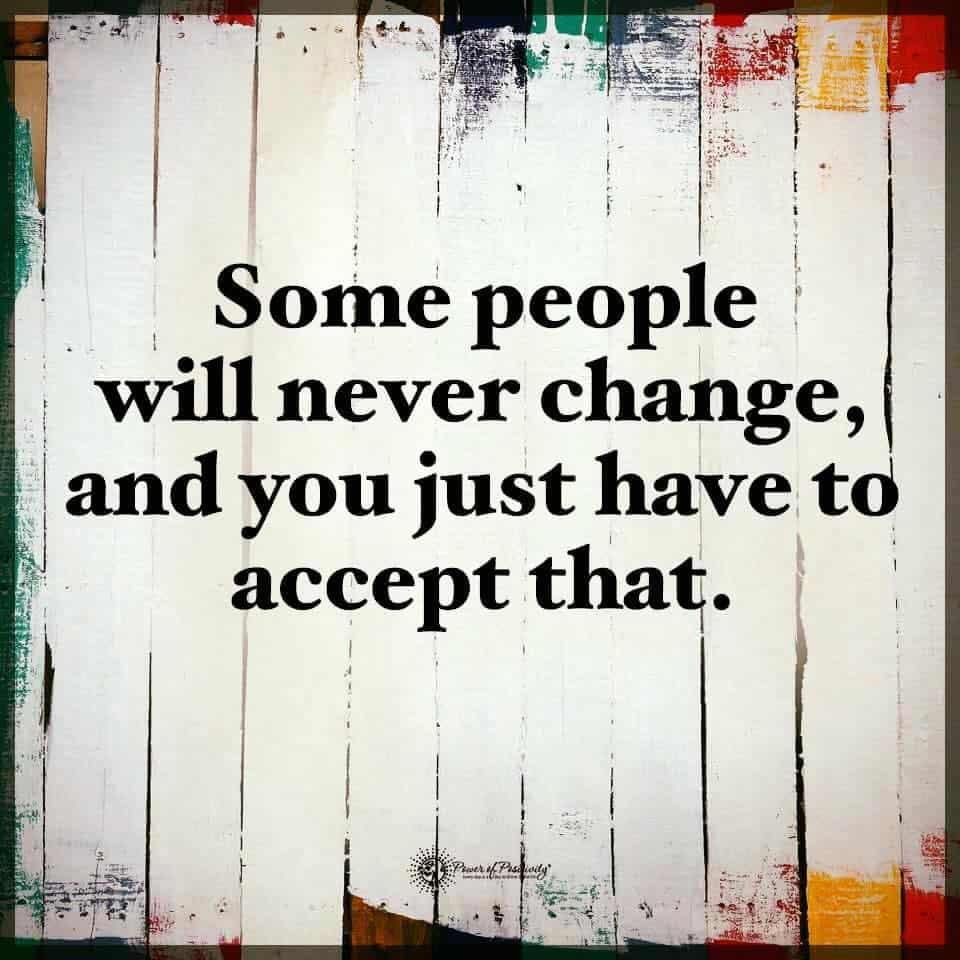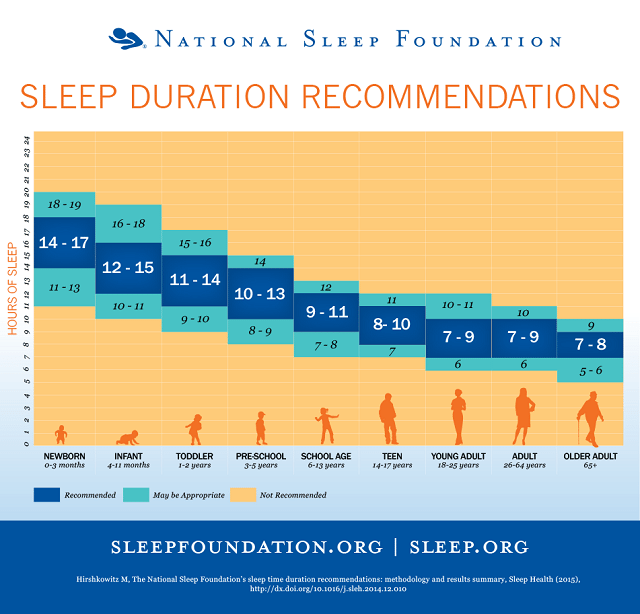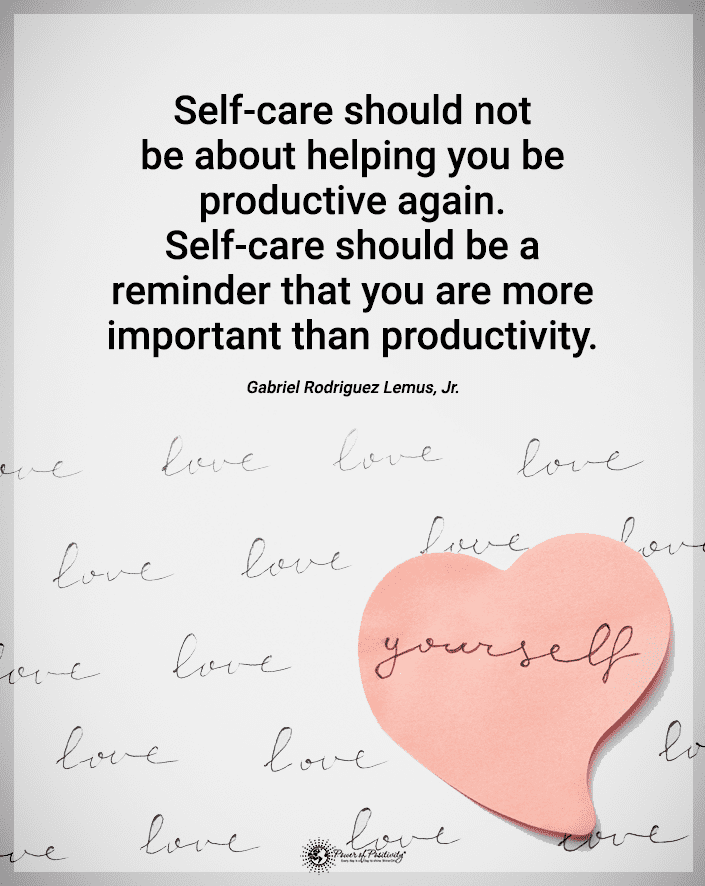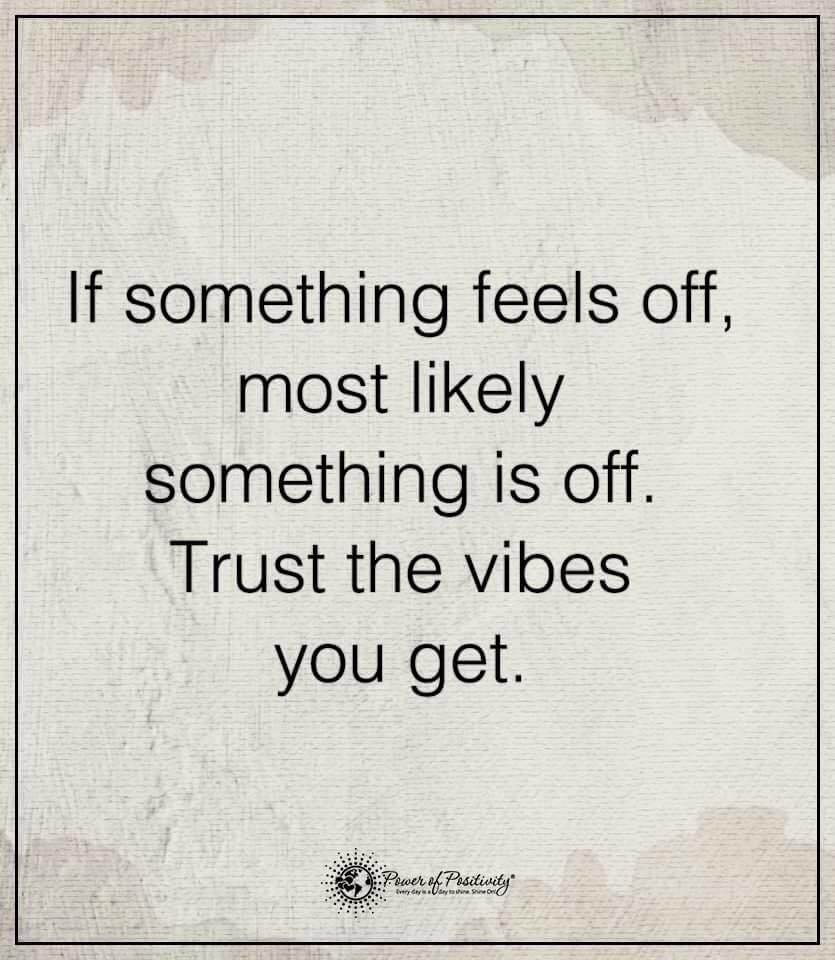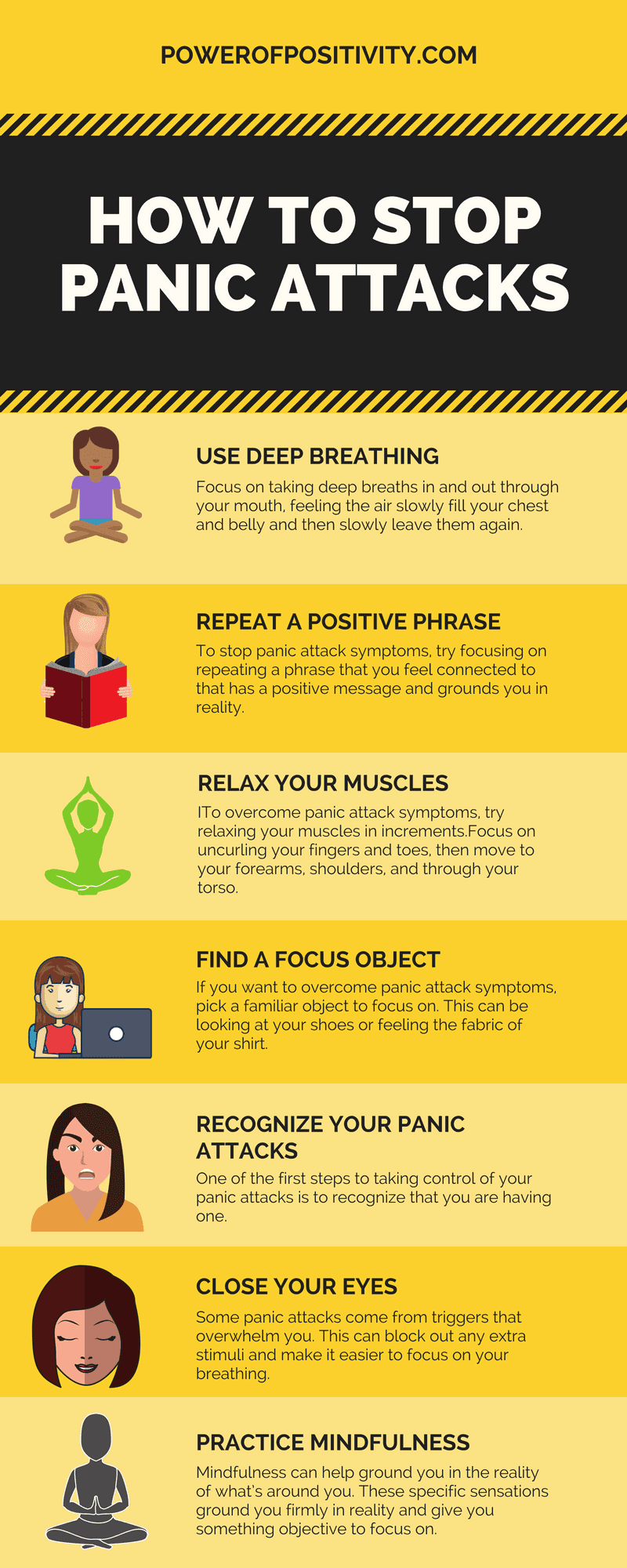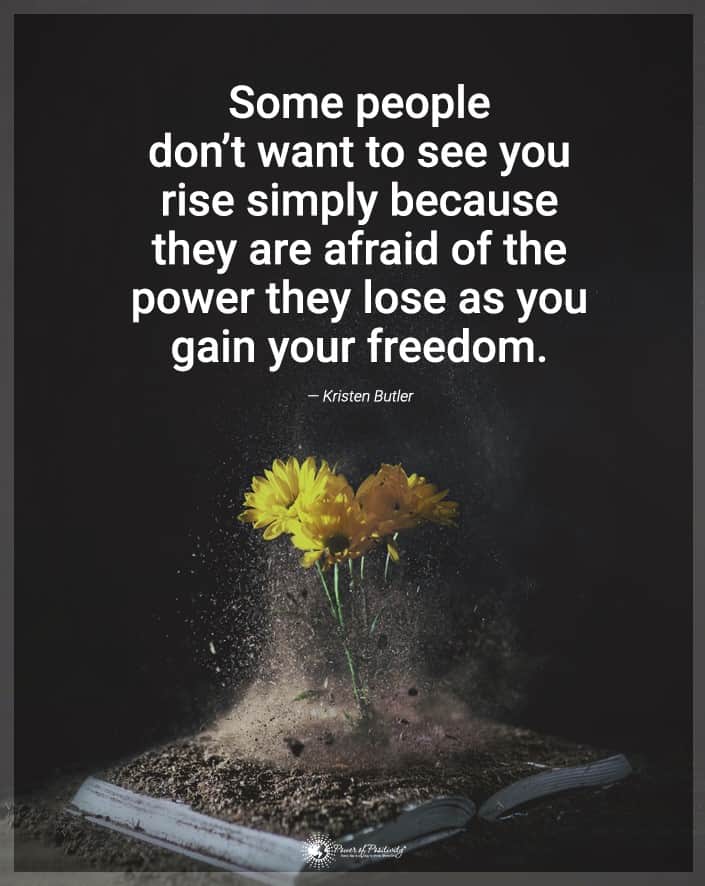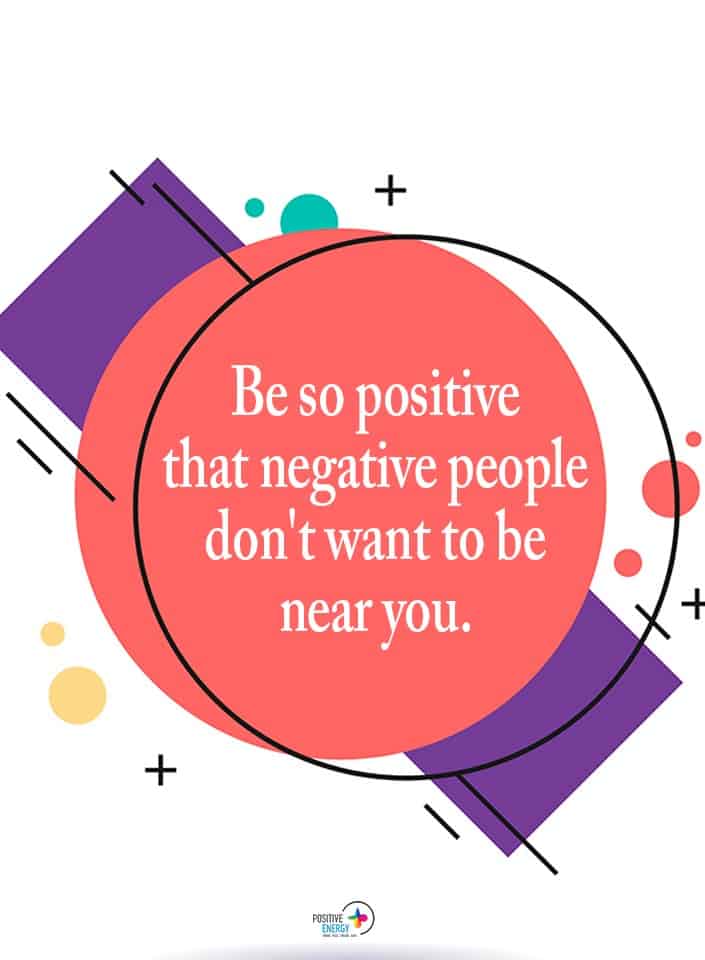You can protect yourself from the negative health effects of emotions like fear, anger and emotional pain, just as easily as you protect yourself from sunburn with sunscreen. Negative emotions are just one part of what makes us human. Yet experiencing too many of them can be overwhelming to our physical and psychological health.
In this article, we will look at some of the ways that negative emotions impact your health. Also, we will discuss how you can learn to protect yourself.
5 Ways to Protect Yourself From Negative Emotions
1. Create a protective psychic shield
In his book Psychic Development For Beginners, William W. Hewitt explains the Law of Being by saying that whatever is in your consciousness must be brought into being and ‘nothing can happen for you or to you if it is not programmed into your mind. Therefore, it makes sense to program yourself with good, beneficial goals and thoughts’
By focusing on the positive, not negative thoughts, we can create a psychic shield that can protect us from negative emotions. Creating a psychic shield is as easy as visualizing it during your meditative practice.
Hewitt suggests that as you relax and you are in a meditative state, picture your body surrounded by a glowing light and say:
- ‘This powerful, positive light is my psychic shield.’
- ‘This light will repel all negative energies from programming my mind’
- ‘The shield will allow only positive thoughts and emotions to pass through it.’
- ‘This protective shield will be with me always, even when I am not focusing on it.’
2. Focus on the positive emotions of self-control
Some negative emotions, like guilt, arise from our lack of self-control. For example, if you overeat and you know that it is unhealthy for you, you may feel guilt about it later. When you are able to successfully resist temptation, that action helps you build your personal defenses against negative emotions.

You know that you can avoid undesirable activities, like drinking too much, because you have avoided it in the past. Rather than the guilt associated with the ‘bad’ behavior, focus on the positive emotions you will feel when you successfully resist. Pride, a sense of accomplishment, and reassurance in your abilities are the positive ways to look at resisting a negative behavior.
3. Use awareness training
Meditation, yoga, and awareness of the physical sensations of negative emotions are all ways to use awareness of the present moment to learn to protect yourself from negative emotions. Researchers studying the role of awareness of bodily sensations in the experience of emotion found that Vipassana meditation, a type of meditation focusing on bodily sensations, helped people to learn the relationship between mentally feeling an emotion as a response to something negative in the environment and how the body responded to the emotion.
Once you can feel the negative emotion in your body, you can understand that your body’s response does not have to have a label associated with it. These are just sensations of heart rate, breathing, and perspiration, which you can then control by relaxing. Naming the emotion ‘fear’ only negatively affects what your body is experiencing.
4. Learn to comfort yourself in healthy ways
Psychologists believe that our ability to self-comfort is something we learn early in childhood, as we become separate people from our parents. A healthy person is able to comfort him or herself when they feel sad, scared or frustrated.
Related article: 5 Signs Of Emotional Suffering
Self-soothing behavior starts out as thumb-sucking or other repetitive, relaxing behavior in childhood, but as adults, we can identify that a walk on a sunny day helps us to release negative emotions just the same way. Think about a few things that you know are healthy for you and that give you a positive emotional boost. Keep this list of suggestions available the next time you need to protect yourself from negative emotions.
5. Detach from negative emotions
Your negative emotions are not you and you are not your negative emotions. Do not blame yourself for feeling negative emotions. Instead, act as an impartial observer and see yourself as another person would see you. Say to yourself ‘It looks like I am experiencing anxiety right now. Although that might usually bother me, I choose to not be affected by it.’
Related article: How To Train Your Brain To Stay Stress Free
You can also choose to physically detach yourself from the situation that brought on your negative emotions rather than stay and continue to feel negatively. For example, at a social gathering where you feel anxious, make a choice to leave if you are not able to switch to a positive emotional mindset.
Leaving a bad situation so that you can avoid negative emotions should not be something you feel defeated about. Instead, see it as you making a healthy emotional choice for yourself to focus on your well-being.

